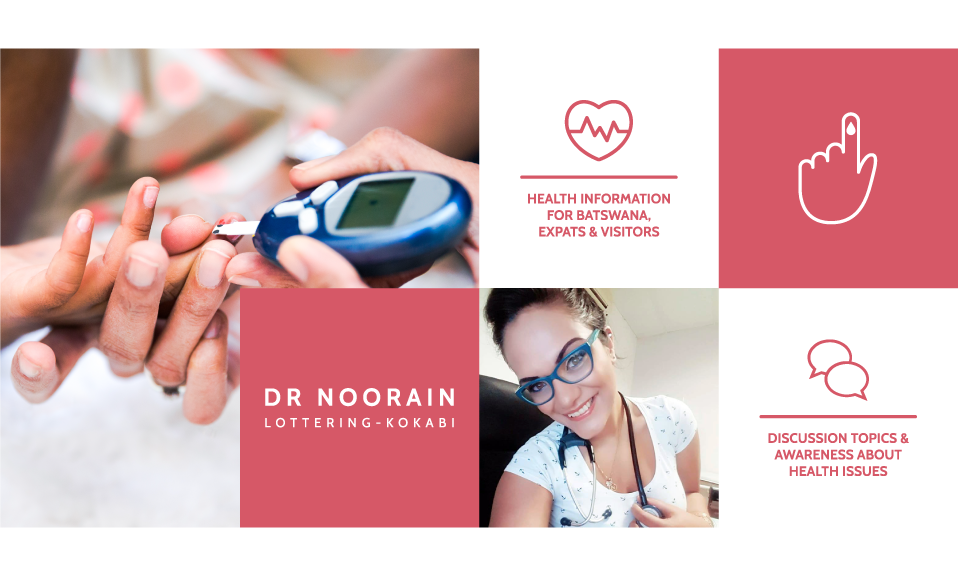
The 14th November saw the health world promoting and spreading awareness of Diabetes. Diabetes is an infamous disease that has undoubtedly made itself known across the globe. Almost everyone knows either a family member or friend who is battling this disorder.
In fact, in southern Africa, Diabetes (with its related complications) claims more lives than cancer or HIV. Scary, right? As such, we need to stand together to learn and educate each other about Diabetes. This way, we can hopefully minimise the complications and reduce the numbers of lives lost to the disease.
Many of us have heard of Diabetes but do we truly know what it is?
Diabetes is a disease that occurs when your blood glucose, also called blood sugar, is too high. Your blood sugar is your main source of energy and comes from the food that you consume. Insulin, a hormone made by the pancreas, helps the glucose that you get from food to get into your cells so that it can be utilised to make energy.
Sometimes your body does not make enough – or any – insulin or does not use insulin well and this results in glucose staying in your blood and not reaching your cells to be used. Over time, having too much glucose in your blood can cause health problems, which are the complications of diabetes.
There are two types of diabetes- type 1 and type 2. It is important to understand the difference between the two, as this helps you to better manage and comply with the treatment that your doctor would advise:
Type 1
- No longer produces insulin
- Diet, exercise and other lifestyle changes cannot reverse it
- Need insulin injections for their entire life
Type 2
- Don’t produce enough insulin or body does not respond to insulin
- Diet, exercise and medication can help the body respond and produce more insulin
- Insulin injections may or may not be required
How to spot diabetes symptoms
Diabetes has very classical symptoms. If you or your loved one has any of these, it is highly recommended that you visit your family doctor for a diabetes blood test screen.
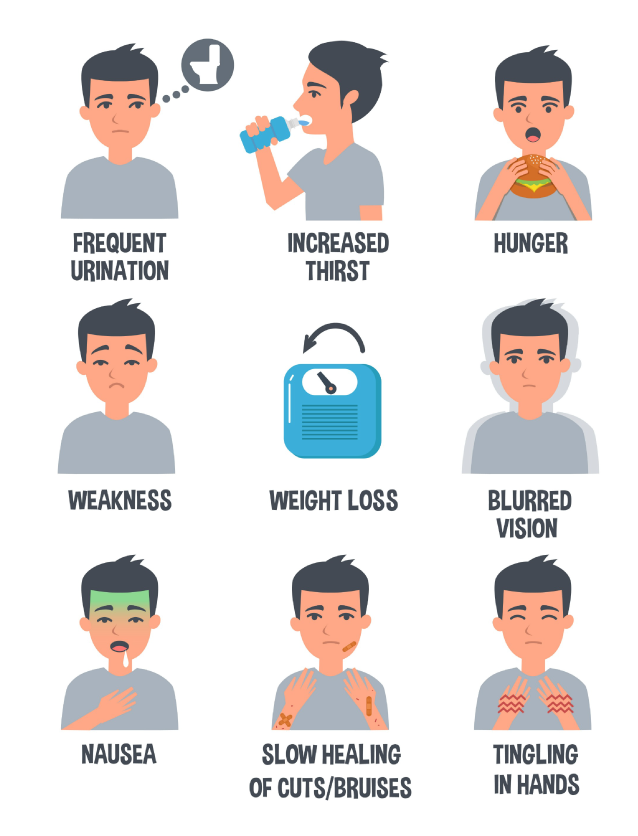
What are the main complications of Diabetes?
We can divide the complications of diabetes into 2 main categories- microvascular (which means small vessel problems) and macrovascular (which means large blood vessel problems).
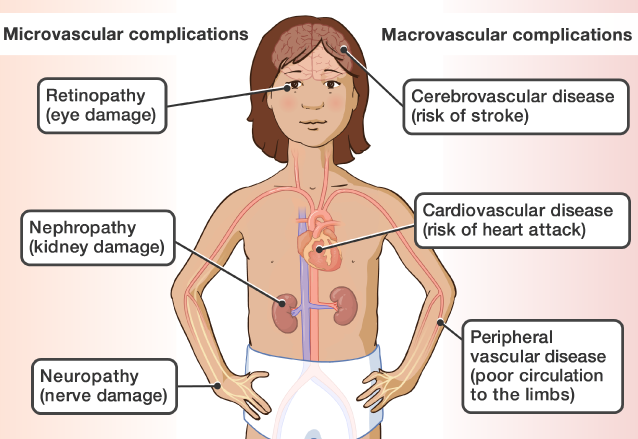
How is Diabetes treated?
The treatment of diabetes is dependent on whether it is type 1 or type 2 diabetes and can include anti-diabetic tablets with or without insulin. However, the most fundamental part of treating diabetes comes from diet and lifestyle change. The truth of the matter is, everything we put into our bodies manifests physiologically. Not only will the following help in the treatment of diabetes but it will also help PREVENT the development of diabetes.
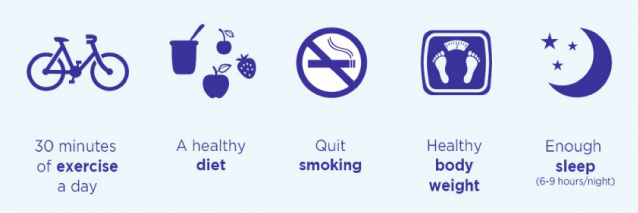
We are living in a time where science is ever-evolving and hopefully, one day a cure for diabetes will be found. Until then, it is up to each one of us to make a difference by sharing information on diabetes as well as to empower ourselves with knowledge about diabetes. If you would like to find out more on diabetes or get involved in diabetes awareness and special projects here in Botswana, please contact The Diabetes Association of Botswana on 395 3424 or diabetesassoc.bot@gmail.com.
And lastly, in memory of everyone who has lost their life to diabetes and to very diabetic still bravely fighting:

By YourBotswana writer:
Dr. Noorain Lottering-Kokabi, BMSc, MBBS (UWI MONA)
Born in May 1989, Dr Noorain hails from Gaborone Botswana. She completed her Pre-Med at the University of Botswana and went on to attain her BMSc and MBBS degrees at The University of The West Indies in Kingston Jamaica.
Having practised medicine in both the Caribbean and Botswana, she has been exposed to an array of conditions and ailments that have in turn widened her scope of expertise. She is also involved in multiple philanthropic projects that aim to equip youths with relevant life skills and tools they need throughout their lives.
A young, diligent, enthusiastic professional with a formidable hunger to continuously seek further knowledge, both in alternative and modern medicine, Dr. Noorain aims to better the healthcare in the communities she serves.
She currently works in community health providing first line care for the community as a whole. Her current position has enabled her to manage both common and complex cases. These cases range from the common cold/flu, bites to mental health, uncontrolled diabetes, hypertension, tuberculosis and HIV (along with the associated complications). Having worked in the Caribbean, Dr. Noorain is very familiar with the treatment of tropical diseases and severe symptoms that may arise from such diseases.
Dr. Noorain provides quality outpatient care ensuring that her patients are fully educated on their respective illness. After all a patient that is well educated on their illness is more likely to comply with medical protocols and prevention strategies, hence reducing potential mortality and morbidity statistics, which reflects a healthy and happier Botswana.
Dr Noorain is a young, career driven, passionate, culturally and medically diverse professional. She is excited about her collaboration with YourBotswana, hoping to use the platform to educate citizens and visitors alike on current health issues in Botswana.


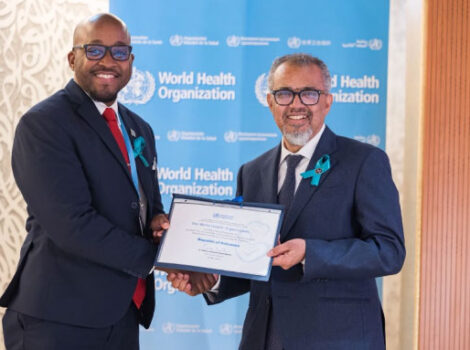
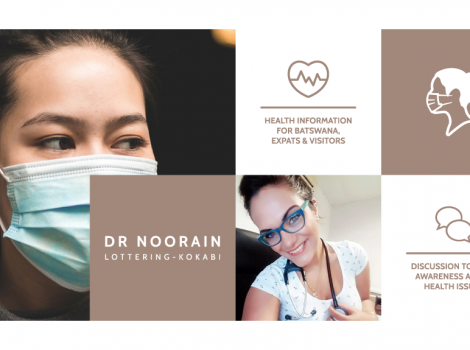
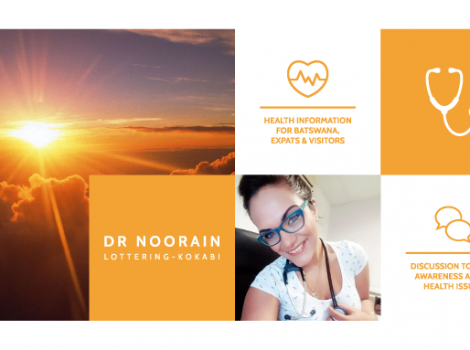
I have symptoms that are almost the same as those for diabetes, weight loss, blurred vision, fatigue, tingling and hunger but my physician made me to have diabetes test and he said i did not have diabetes.I still feel that I might be suffering from this disease. What should I do? Please help I am from Lobatse.
This blog helped me with my grandmother’s diabetes issues. Thank you, kisses to you all!